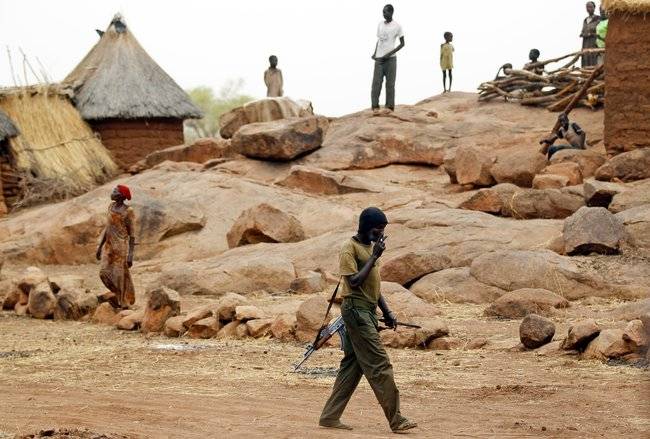- Thread starter
- #161
Another islamic conflict!
Well, maybe, but more likely another negro conflict. They love to kill, destroy and cause pain on their own populations. Sicking. Down right evil, I'd say.
The government of Northern Sudan is made up of Arabs you ignorant fool. The aggressors here are not Black Christians of Southern Sudan, but the Arab Muslims of the North!
What pisses me off is that Christians in South Sudan are just defending themselves from the aggression from the North, and the UN is threatening sanctions against both countries, what a crock of shit.








